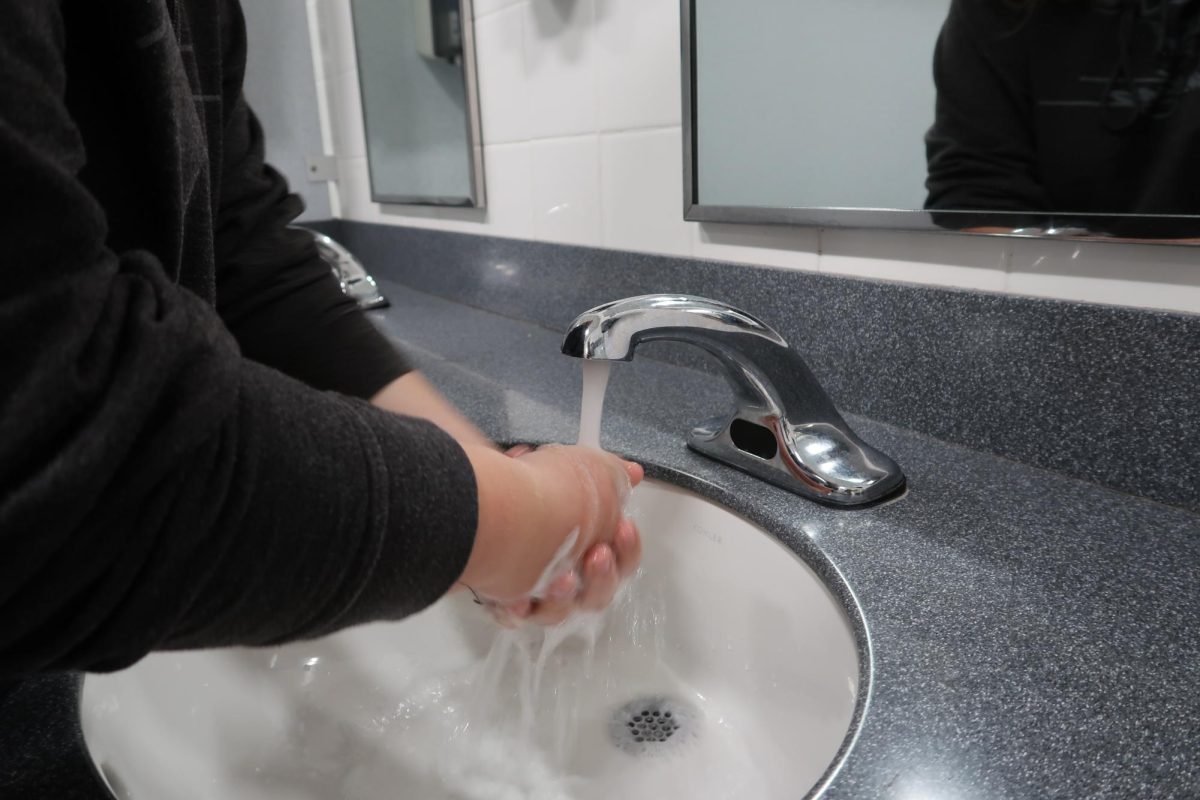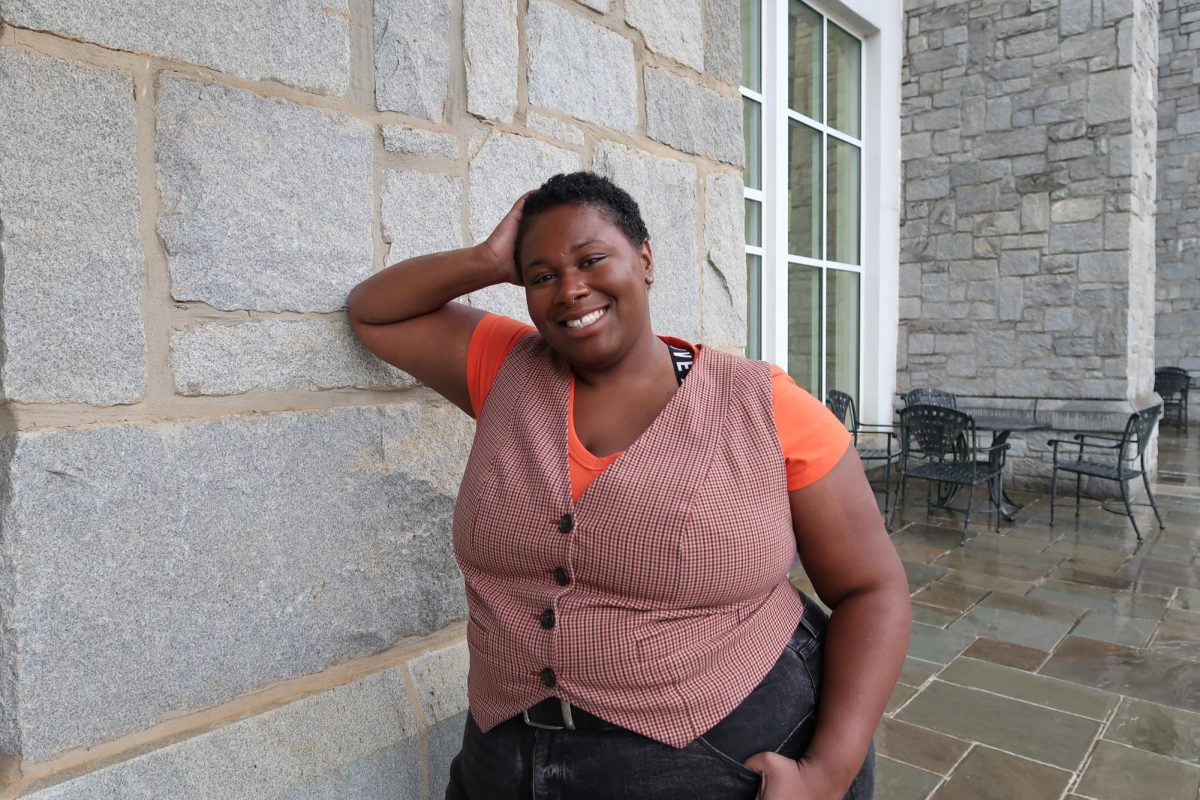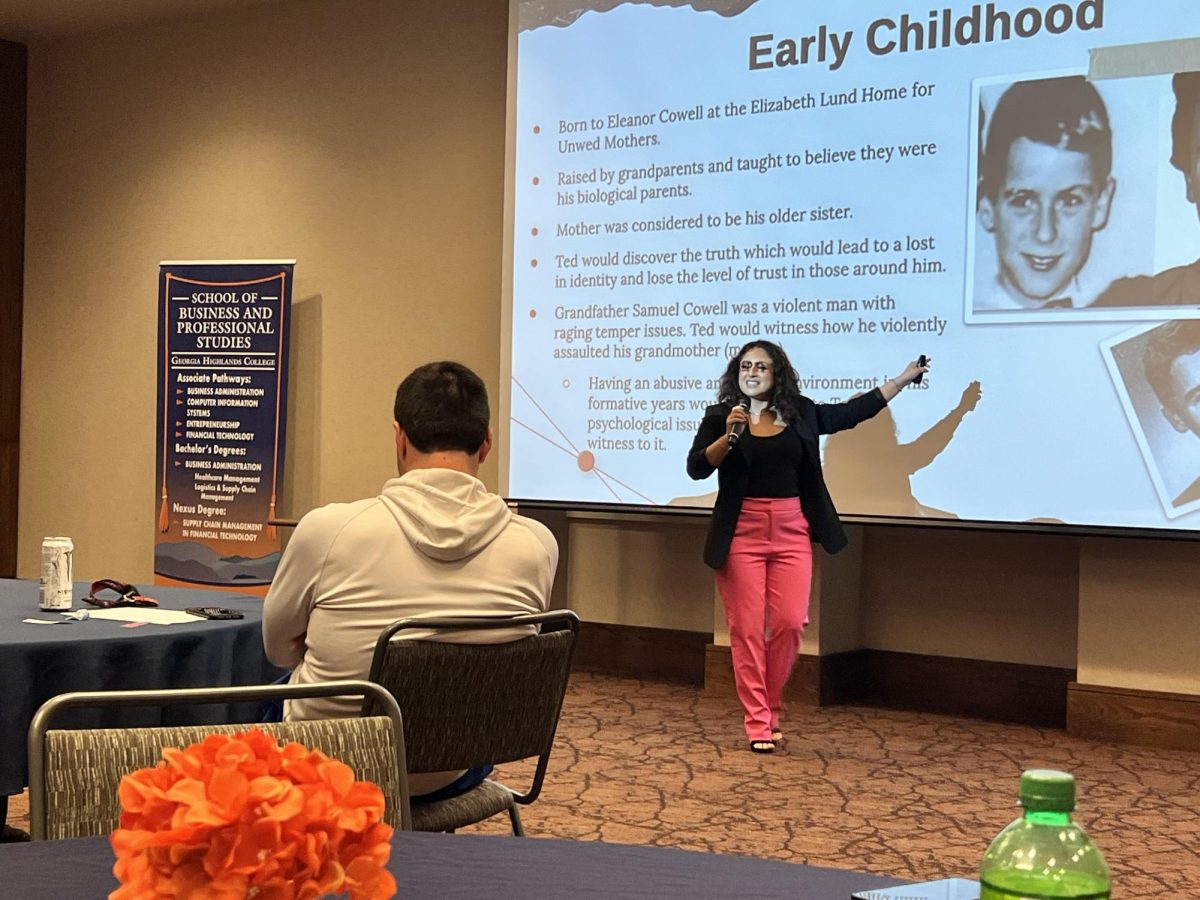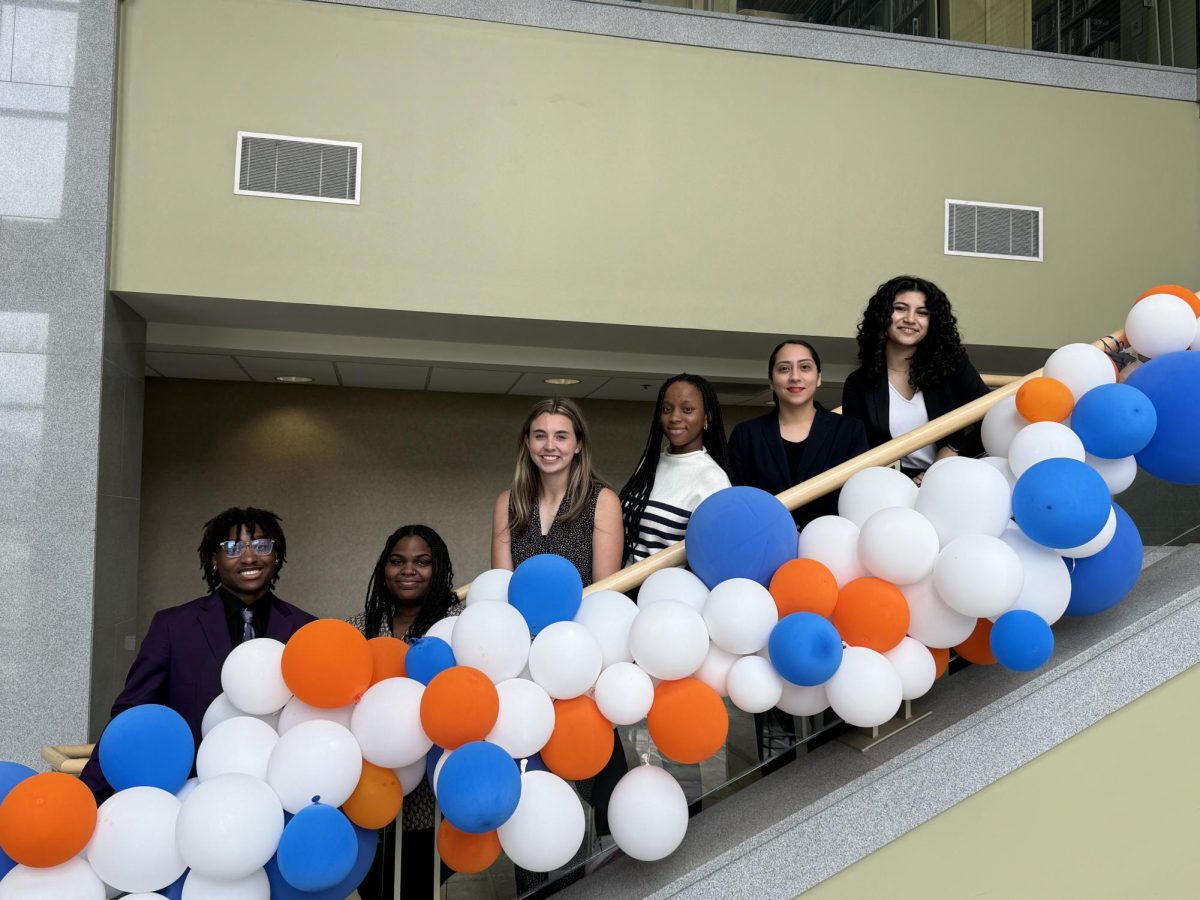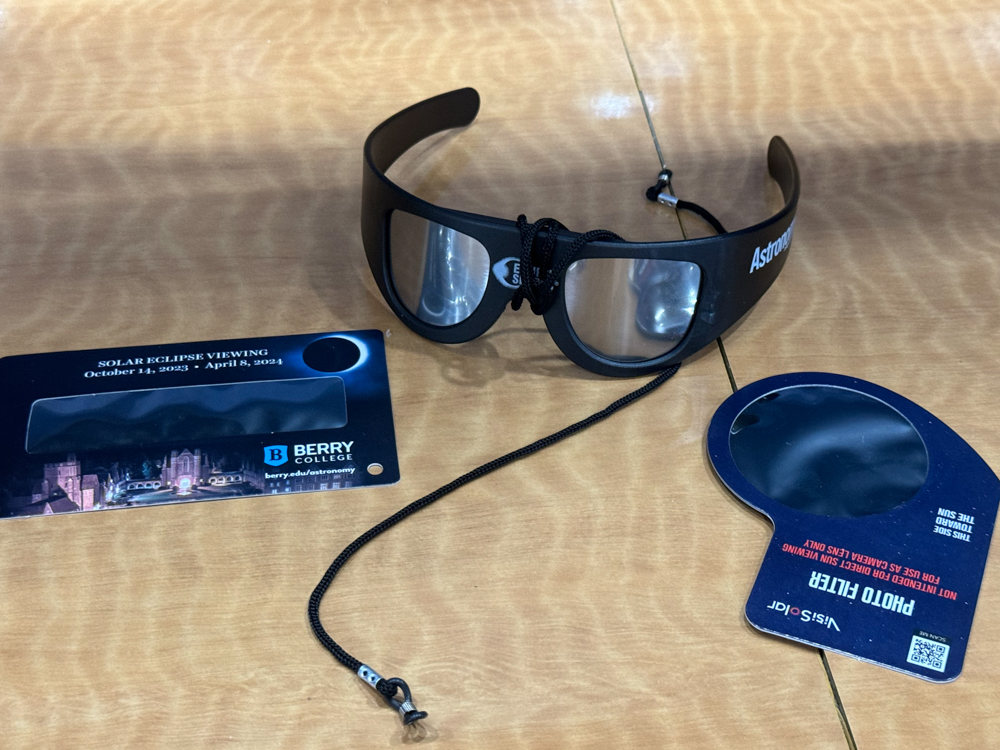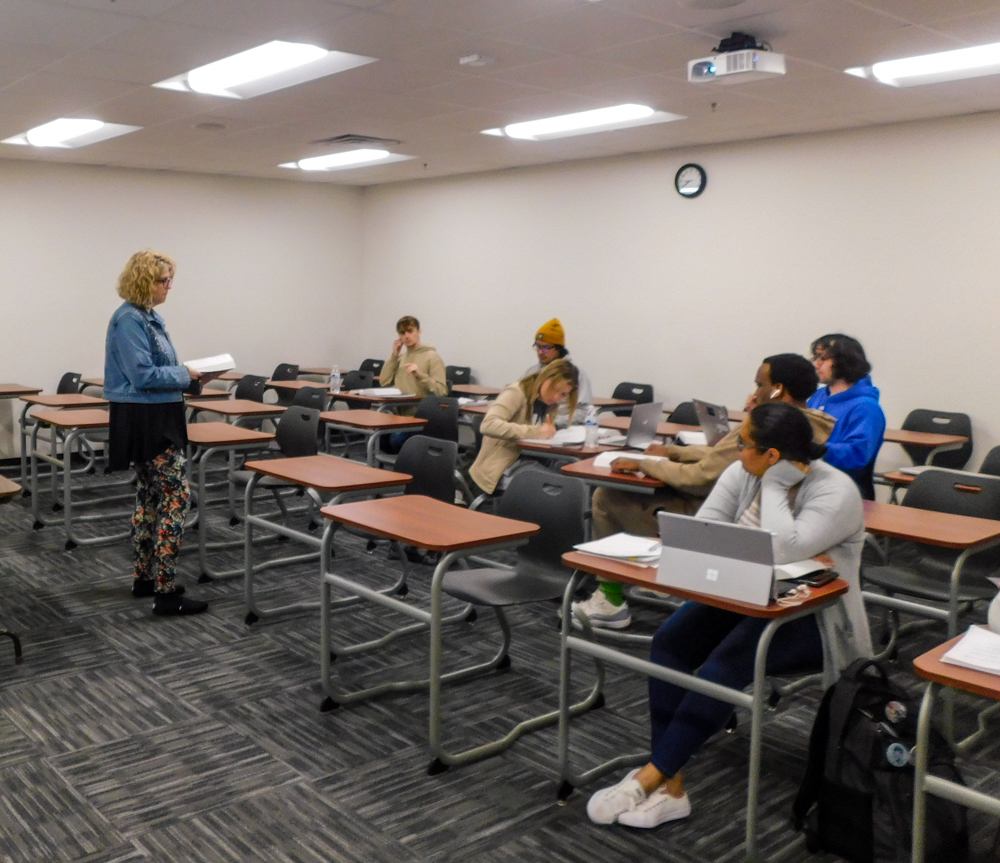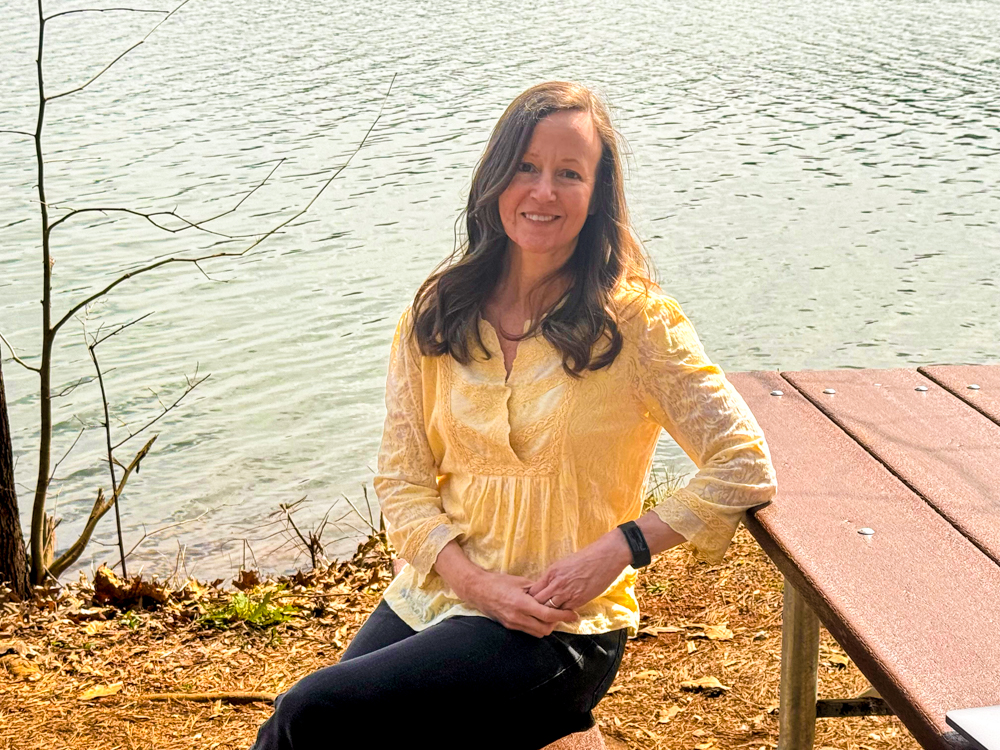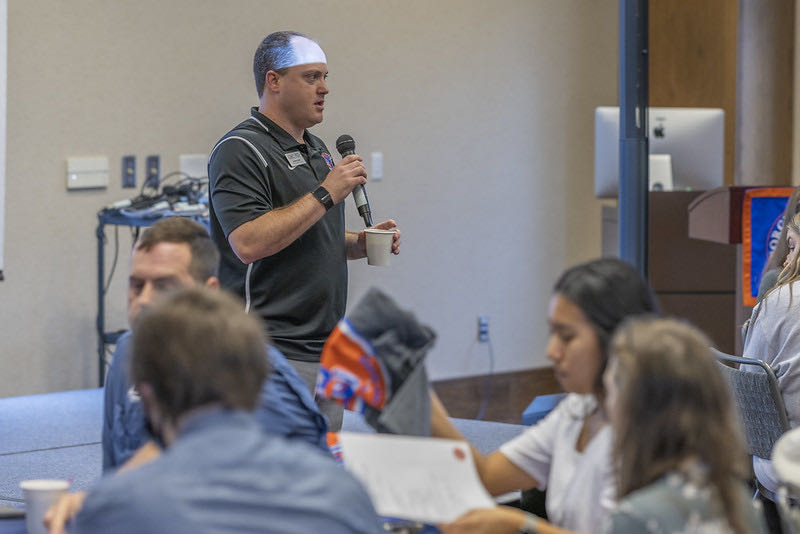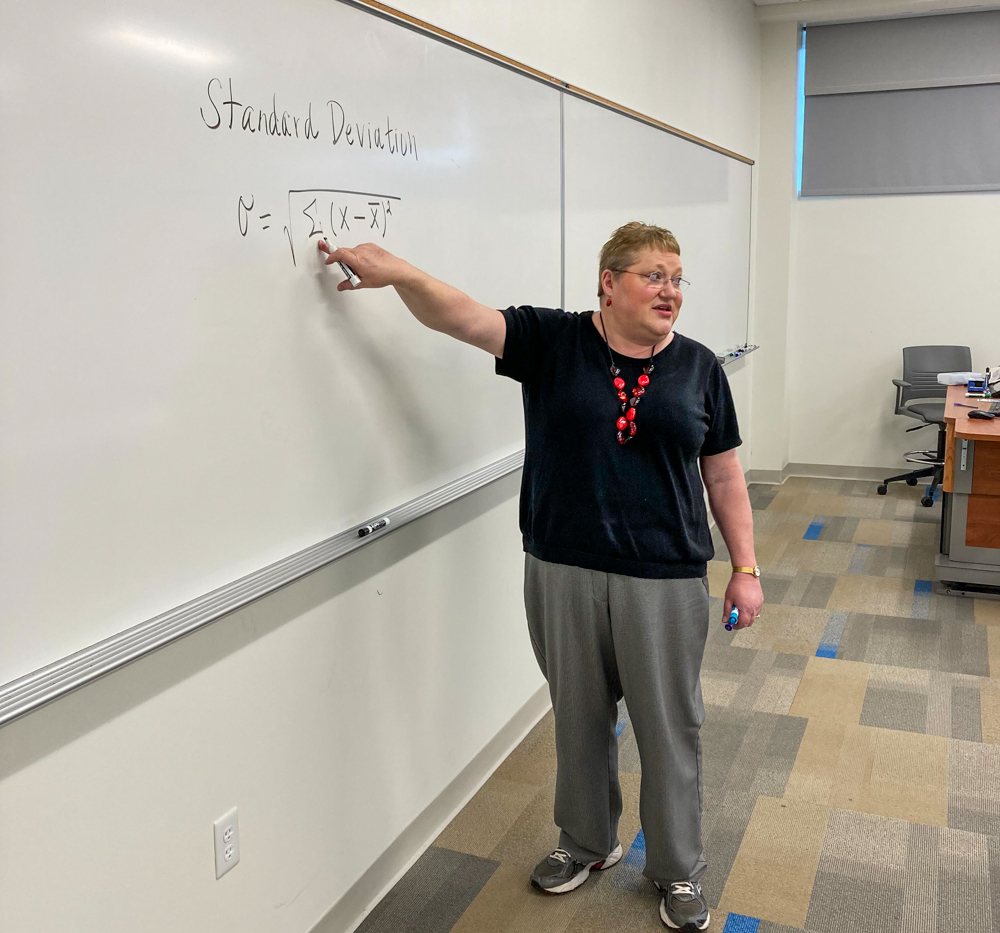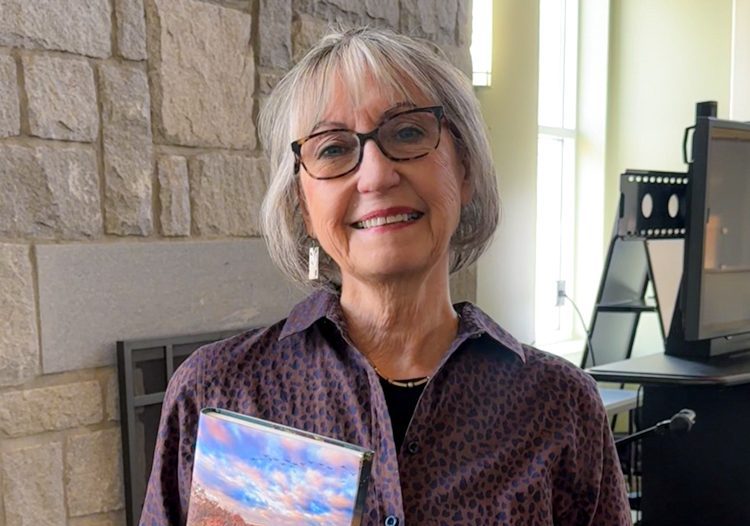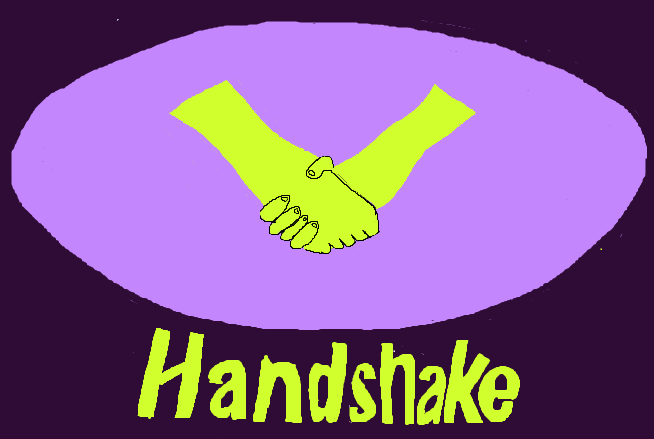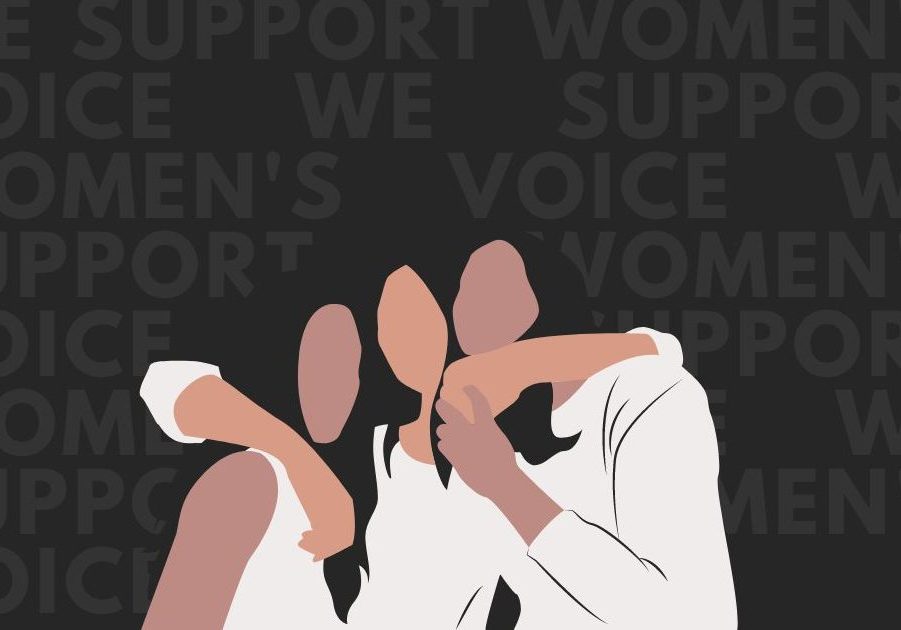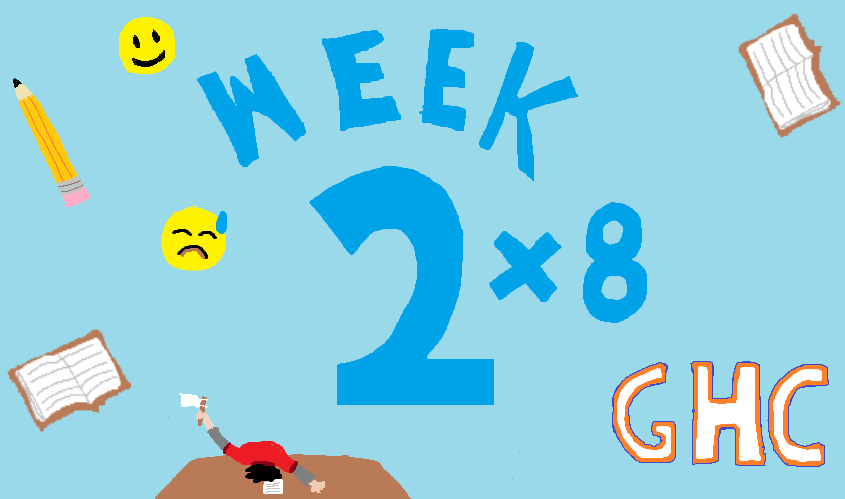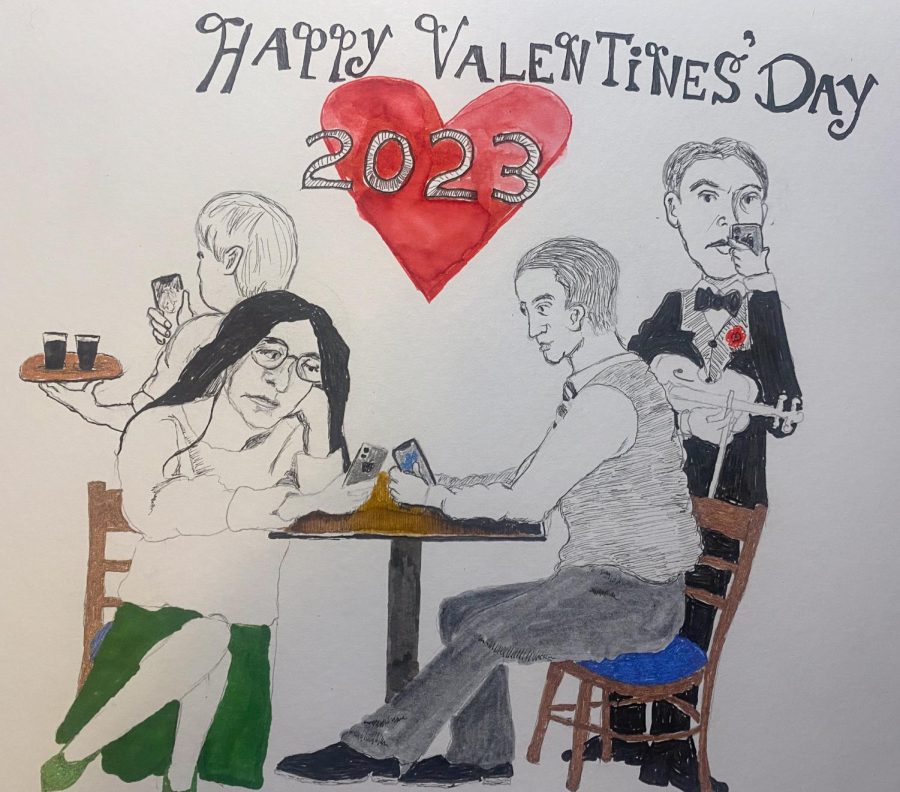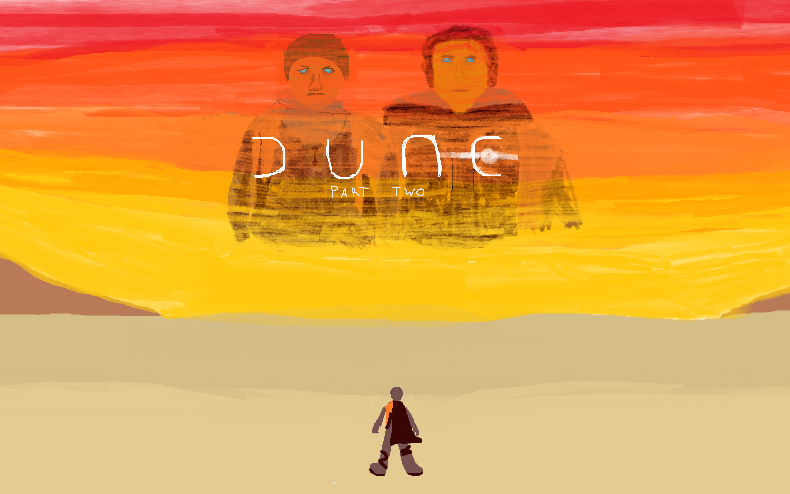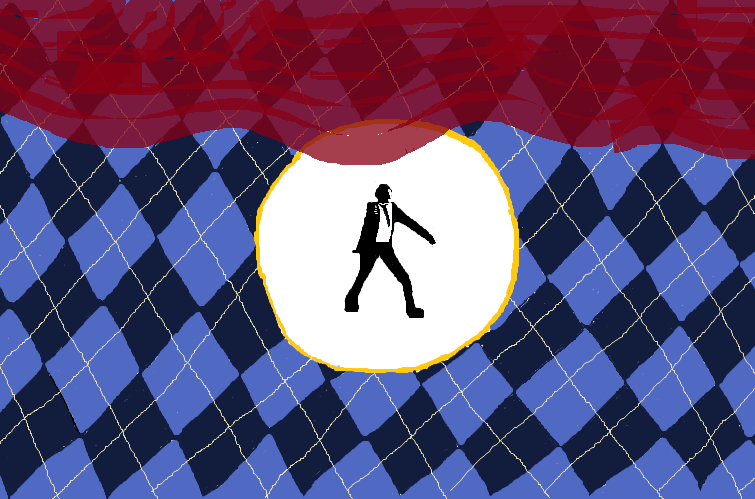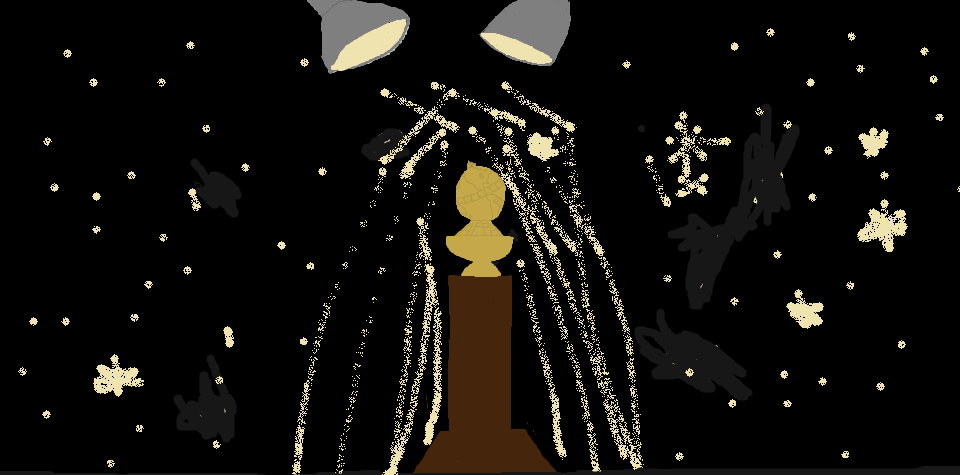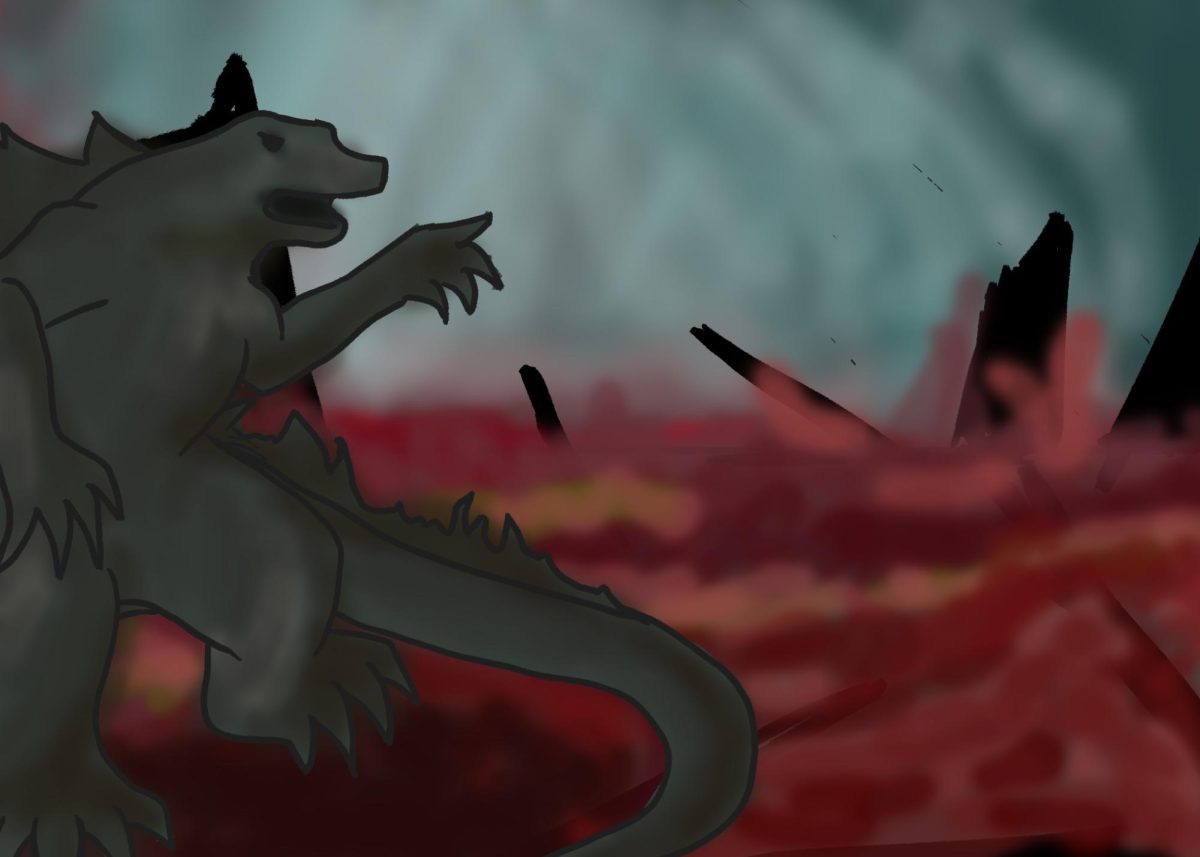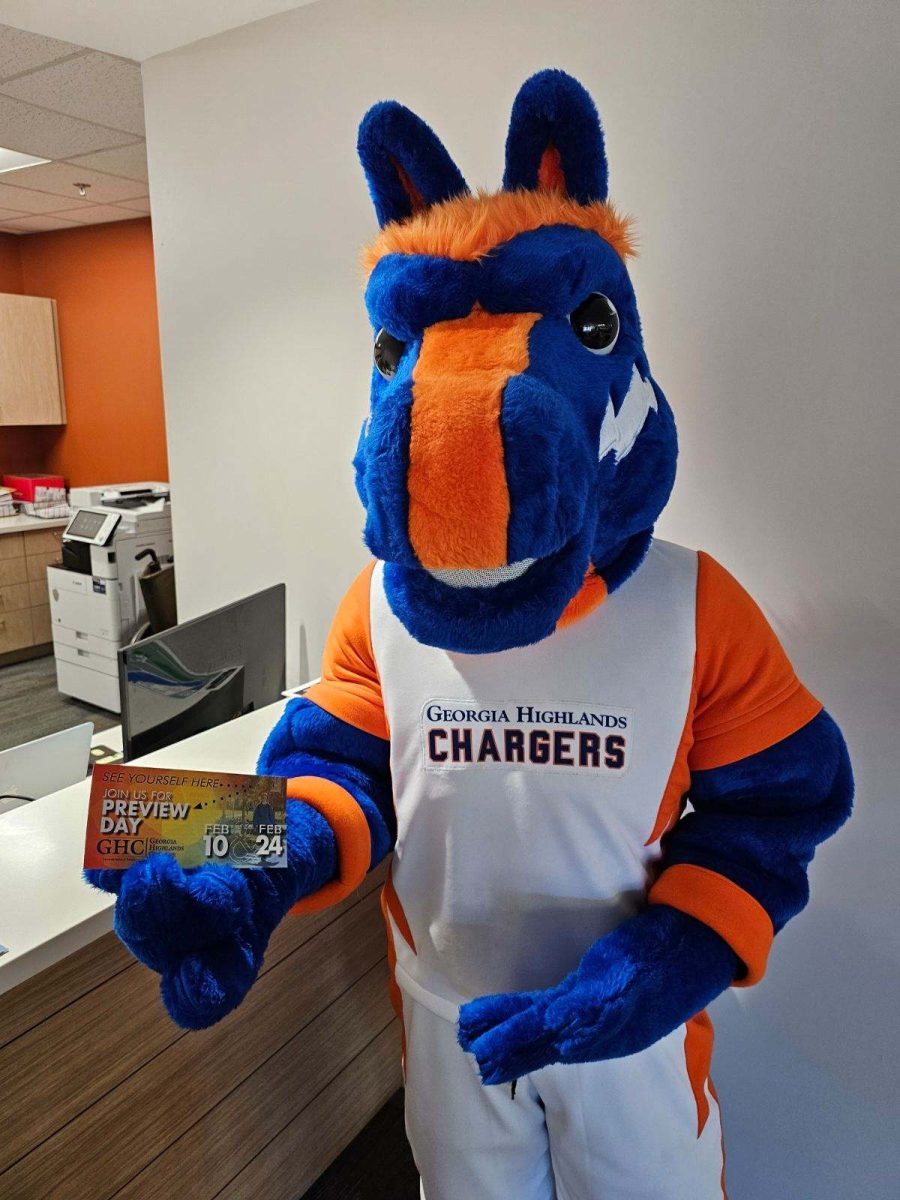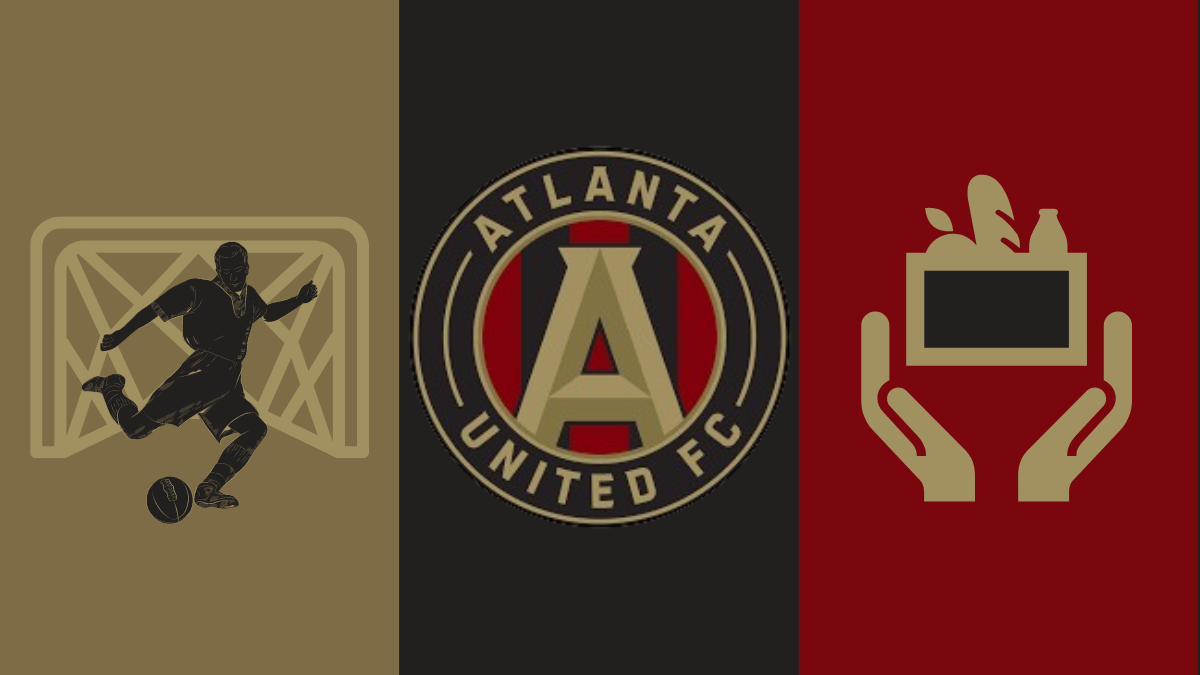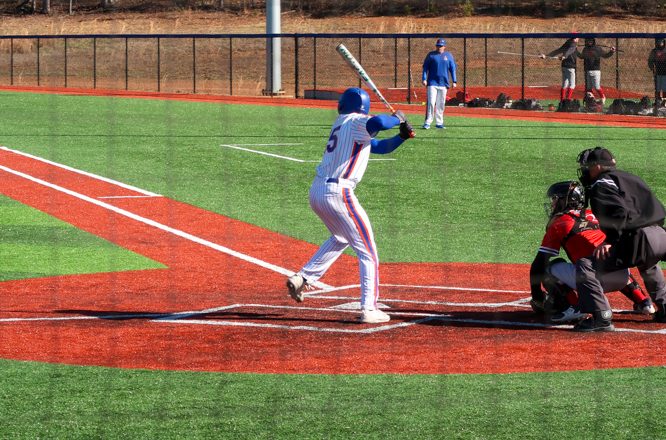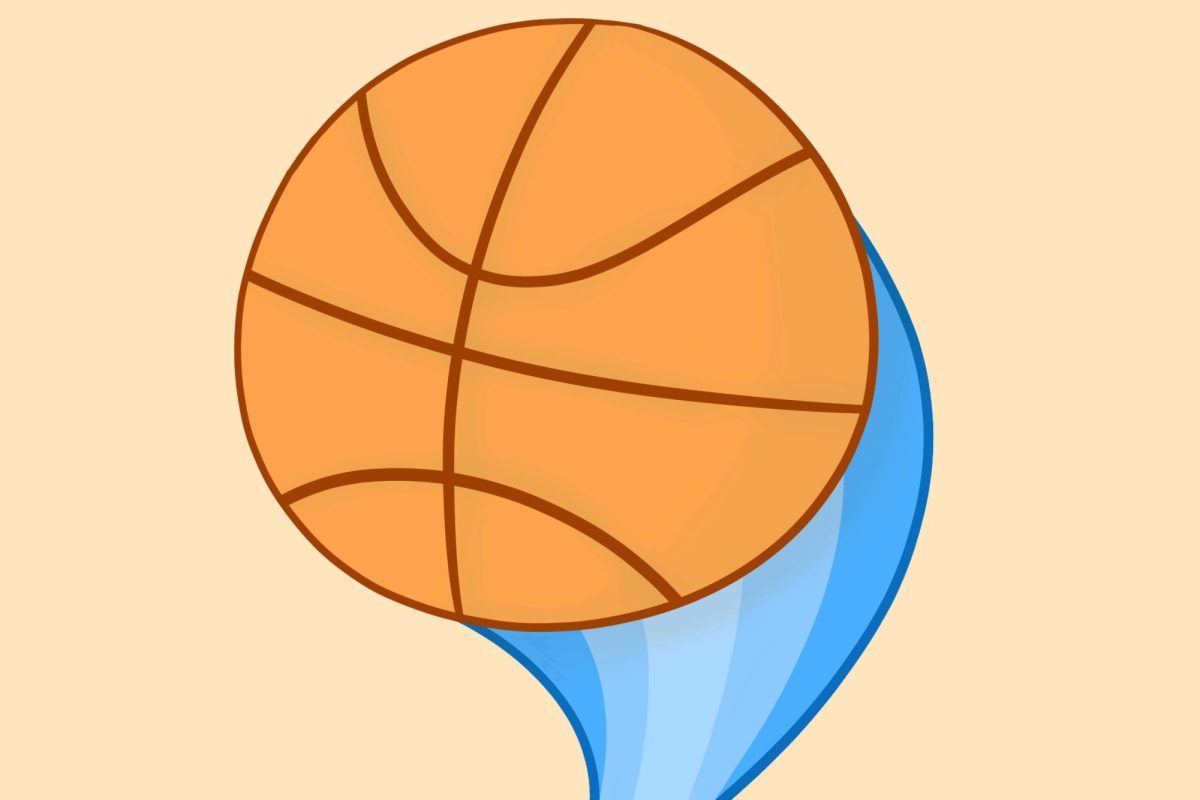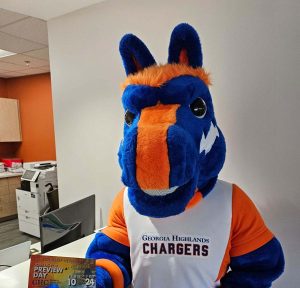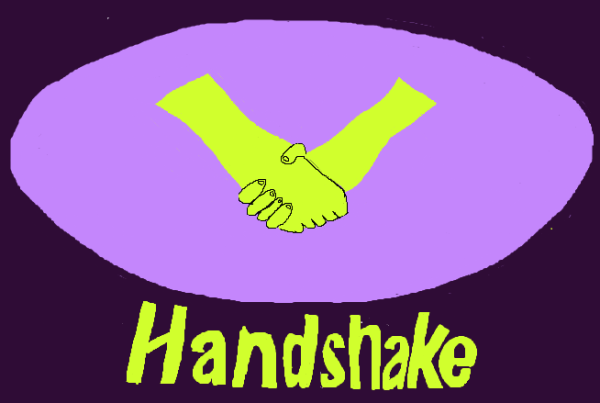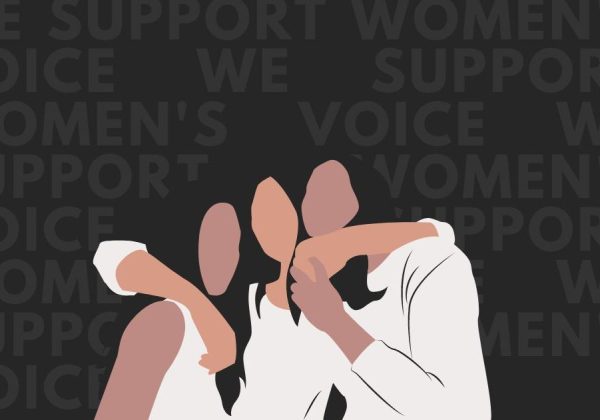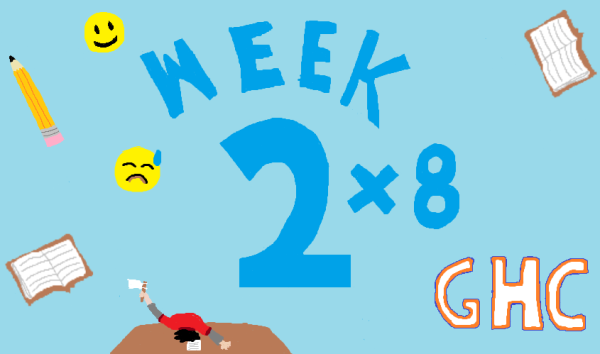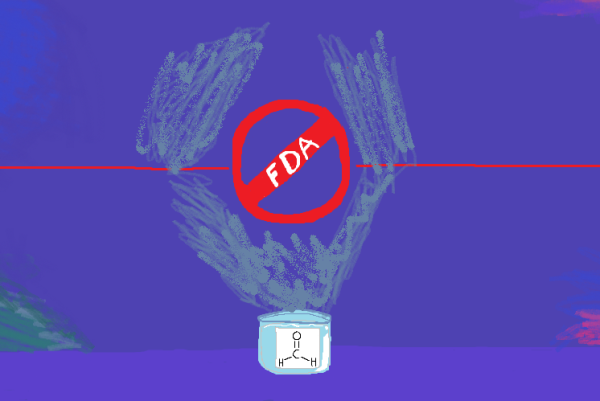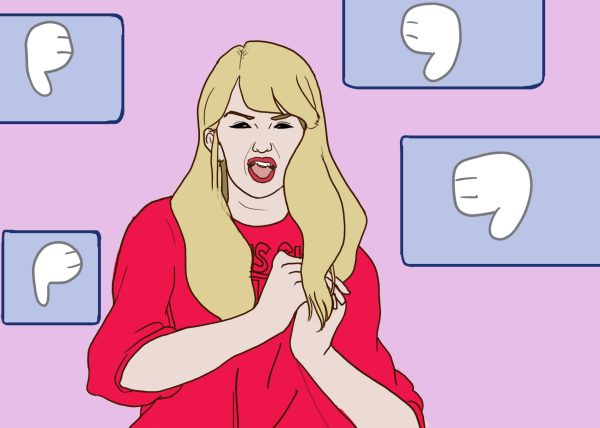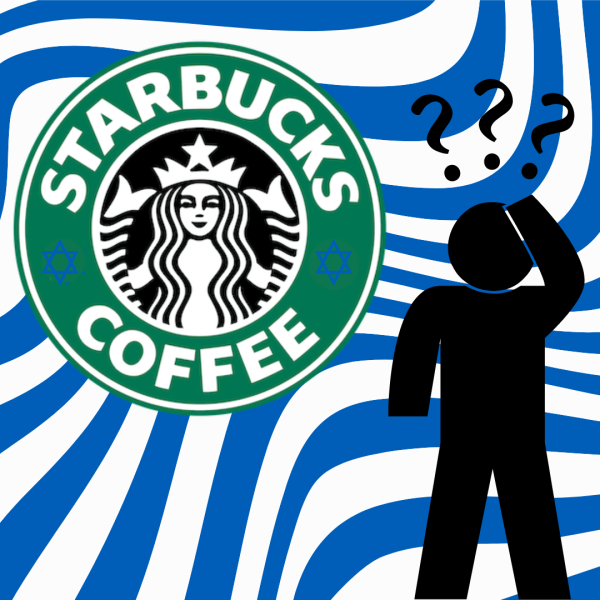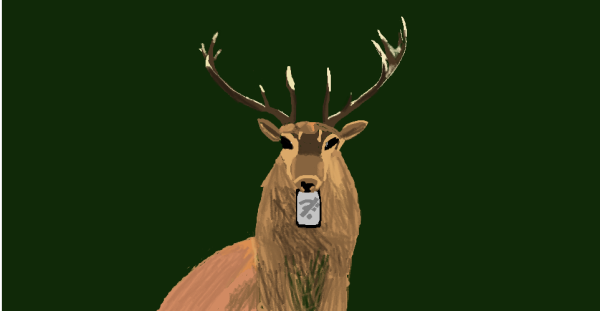Mascots: Just a costume or cultural appropriation?
February 17, 2020
Cultural insensitivity is being normalized in our society through mascots.
Black face Halloween costumes, inaccurate portrayals and white washing in movies, hair styles such as box braids and cornrows becoming a fashion statement are other examples, but the offensive portrayal of ethnic minorities by mascots is more public.
If mascots were created as a good luck charm, we could at least consider one that would appease the masses and not offend any ethnicity.
One of the most well-known of these is the Washington “Redskins.” They use a derogatorty term that originates from the government bounty in the 1800s in which they called for the bloody scalps of Native Americans. Others include the Cleveland Indians and Robstown Cottonpickers.
The main purpose of a mascot is to bring awareness to a school or target audience, but it’s important that sports teams realize that they can do this positively.
This country was established on systematic racial oppression. Prime examples of this would be the slavery African Americans endured and European settlers taking over land that belonged to Native Americans, who were then forced to relocate to reserves or die in the midst of a war for their home.
I never truly understood the point of not taking the history of the ethnicity into account before. There’s a huge difference between appropriation (the action of taking something for one’s own use, typically without the owner’s permission, according to greenheart.org) and appreciation (which is when someone seeks to understand and learn about another culture in an effort to broaden their perspective and connect with others).
Appreciation is something we should be doing a lot more of. America has been known as the melting pot, a blend of cultures and various ethnicities coming together. People try to come here for a better life and we welcome them with hate speech and ignorance, especially those who haven’t learned the language or adapted to American culture.
Prejudice never fully goes away. It’s hidden in different forms, making it harder for others to overcome. It makes you wonder if it’s ever “just a costume.”

